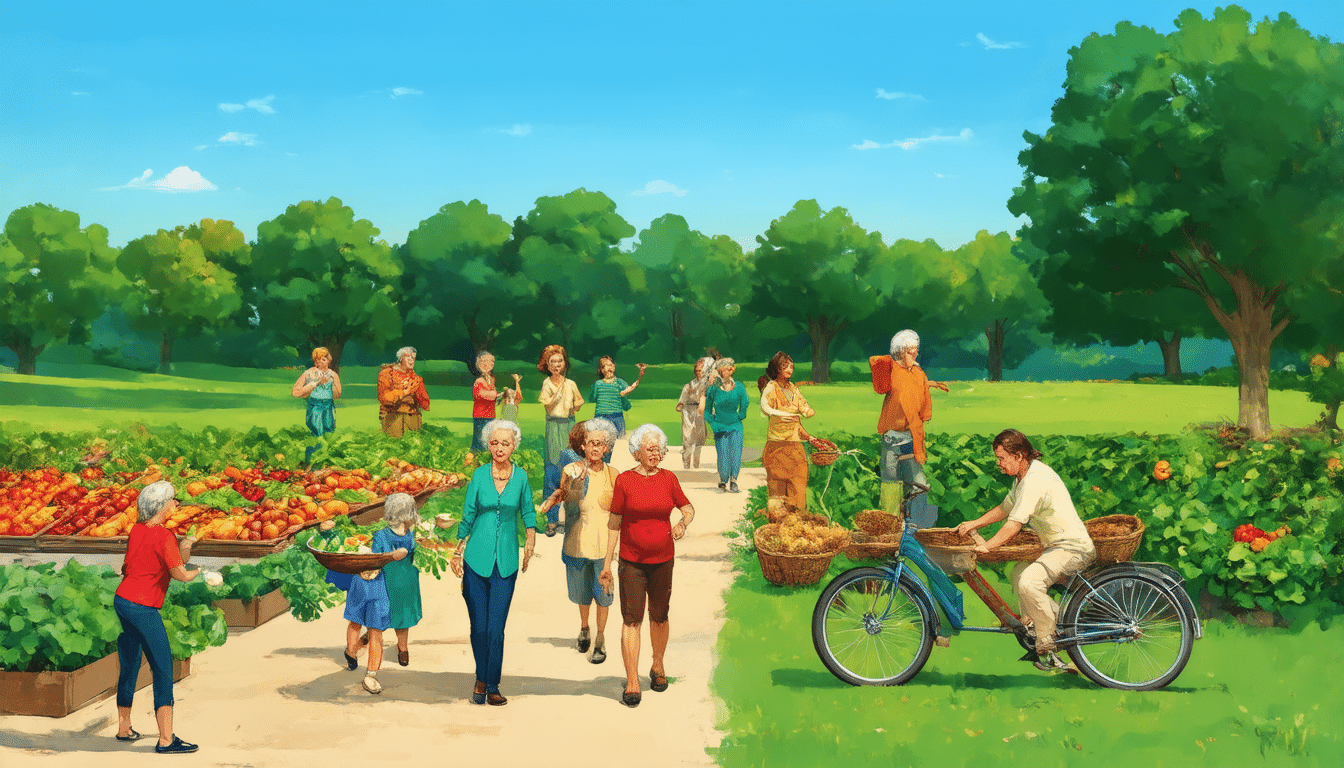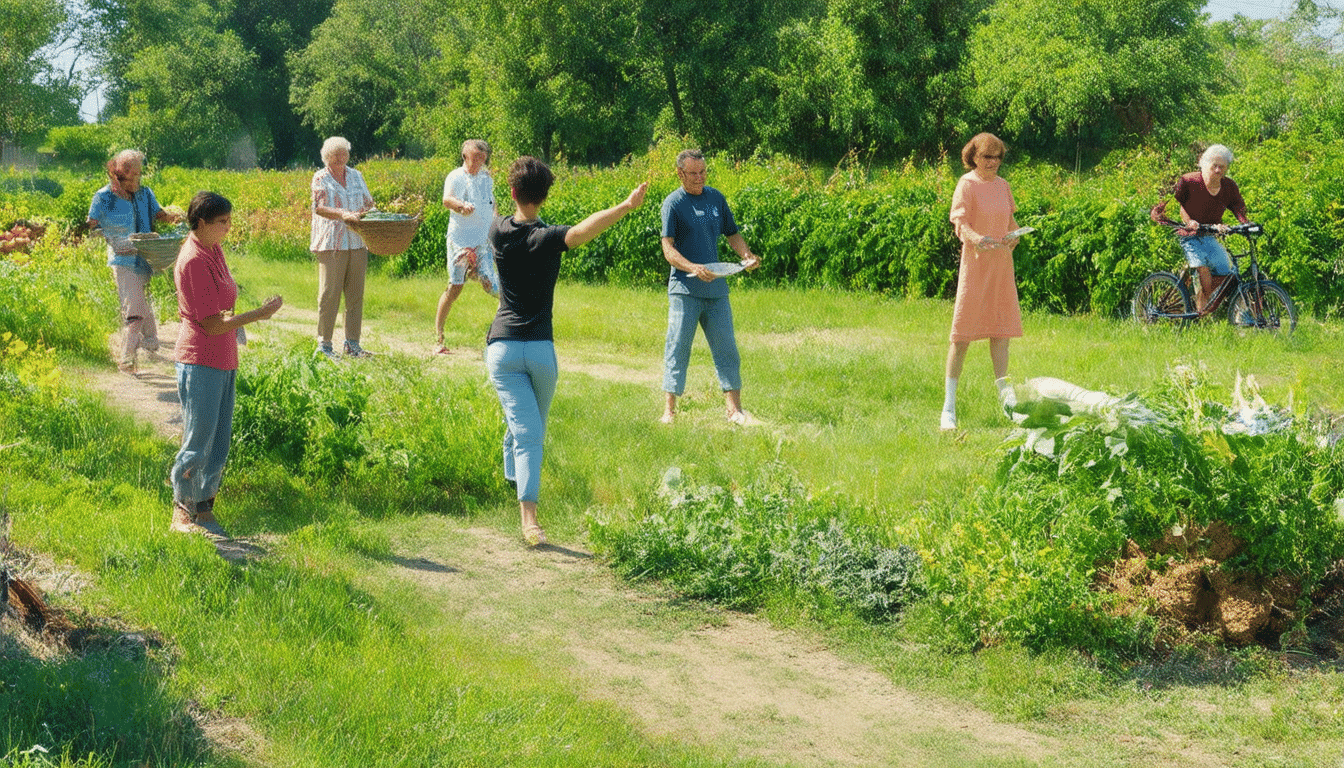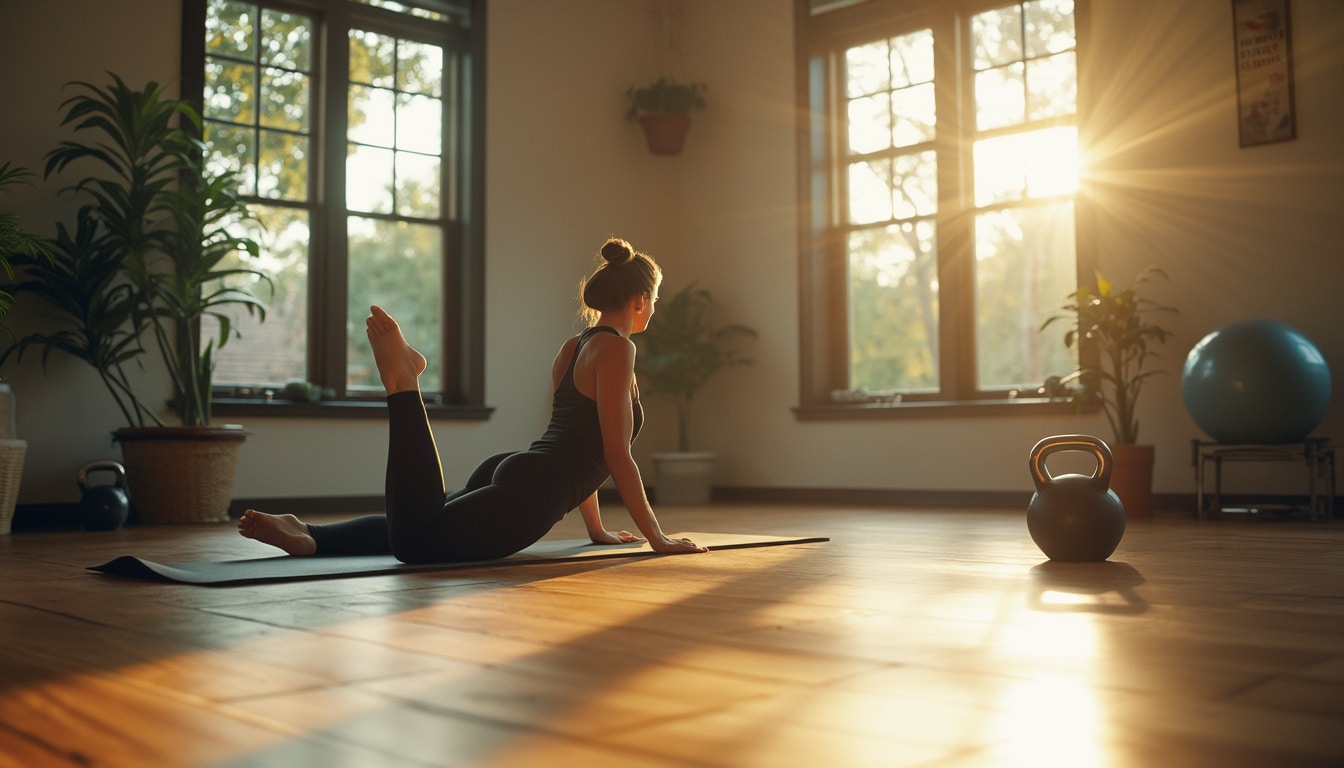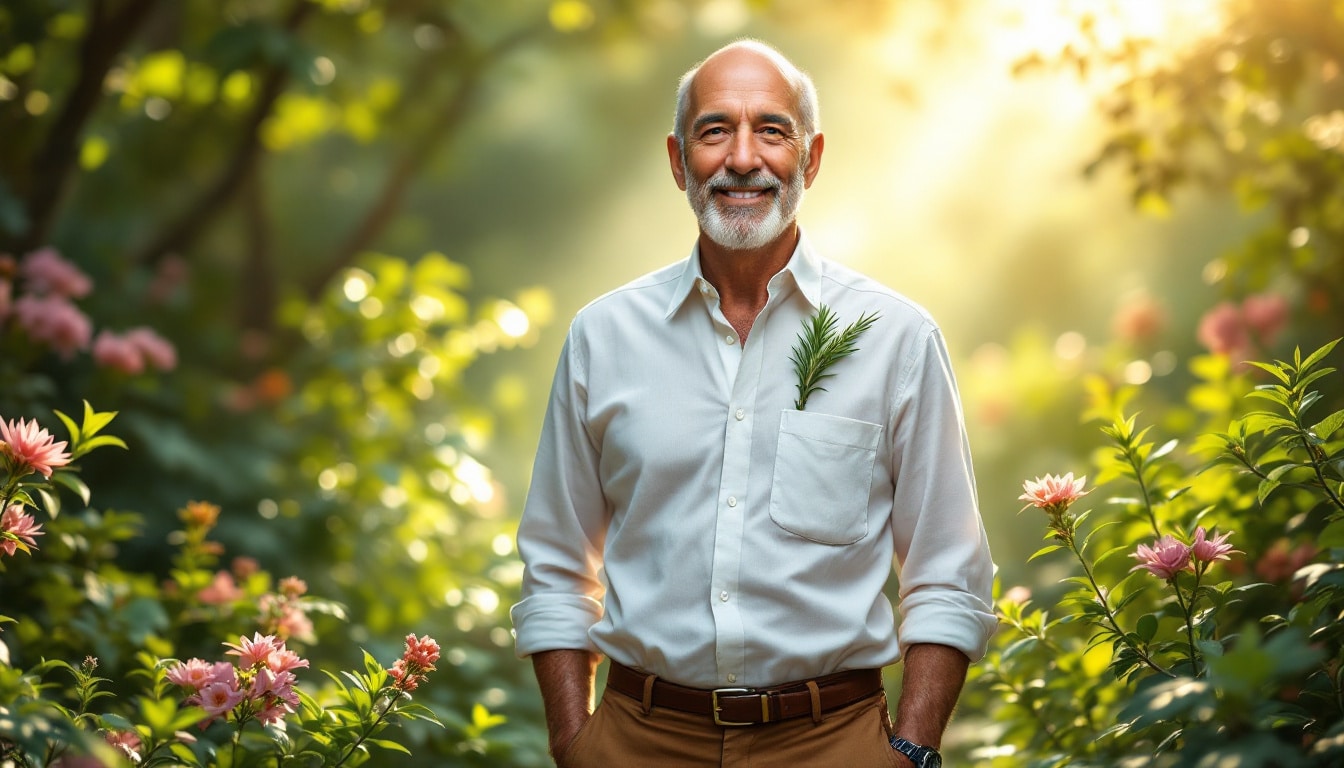Have you ever wondered what secrets lie behind the extraordinary longevity of those living in Blue Zones? These unique regions, identified by National Geographic explorer Dan Buettner, boast an astonishing number of centenarians who thrive well into their golden years. Studying these communities reveals a tapestry of daily habits and enduring lifestyles that contribute to a life full of vitality and purpose.
What sets Blue Zone residents apart from the rest of the world? The answer isn’t found in their genes, but rather in their way of living. From maintaining deep social connections to adopting a predominantly plant-based diet, these individuals embrace practices that promote both physical and mental well-being. They incorporate simple movements throughout their day, whether it’s tending to their gardens or strolling with friends, proving that staying active doesn’t have to be a chore. A keen sense of community and a shared sense of purpose also play vital roles in fostering a healthy mindset. Discovering the daily routines and rituals of these remarkable people can inspire us all to rethink our approach to health and longevity.

Life in Blue Zones—regions known for their extraordinary populations of centenarians—reveals a wealth of unique habits that contribute to longer, healthier lives. These areas, identified by adventurer and author Dan Buettner, include Ikaria, Greece; Okinawa, Japan; Sardinia, Italy; Loma Linda, California; and Nicoya, Costa Rica. The residents of these areas share common practices that positively influence their well-being and longevity.
Table of Contents
TogglePhysical Activity as a Way of Life
One core characteristic of Blue Zone residents is their natural integration of physical activity into daily routines. Unlike many in industrialized nations who might rely on the gym for exercise, these individuals engage in regular movement through tasks such as gardening, walking, and active social interactions. A recent study highlighted that people in Blue Zones tend to walk around 6,000 to 8,000 steps daily without the need for structured exercise.
For instance, in Sardinia, the rugged terrain encourages locals to trek up hills for everyday tasks, such as fetching groceries or attending community events. This phenomenon of incidental exercise minimizes the risk of chronic disease and fosters an active, healthy lifestyle. Incorporating more movement into your daily routine doesn’t require intense workouts; simply choosing to walk or cycle for short errands can make a significant difference.
Mindfulness and Stress Reduction Techniques
The concept of emotional well-being ranks highly among the habits of Blue Zone residents. They practice various forms of stress reduction, often integrating mindfulness, family gatherings, or prayer into their daily lives. For example, many Ikarians participate in communal meals that not only foster nutritious eating but also strengthen social ties and enhance mental health.
Recent data reveals that chronic stress significantly contributes to health problems, including cardiovascular diseases, obesity, and depression. Residents of the Blue Zones actively mitigate stress through practices like yoga, meditation, and leisure time spent with family and friends. Initiating daily routines that carve out time for relaxation and reflection can have profound effects on one’s physical and mental health.
Nourishing, Plant-Based Diets
Nourishment forms another pillar of the Blue Zone lifestyle. Residents predominantly consume plant-based diets, which are rich in fruits, vegetables, whole grains, and beans. A typical meal might consist of locally sourced and pesticide-free ingredients that carry minimal processing. This natural approach not only enhances flavor but also maximizes nutritional intake.
For example, the Nicoyan diet, which is abundant in beans, tropical fruits, and corn, has been shown to lower rates of heart disease and diabetes. According to recent research, people who maintain a similar diet often experience lower levels of inflammatory markers, resulting in a longer, healthier life. Creating a meal plan centered on these principles can minimize processed food intake and foster overall wellness.
Moreover, inhabitants of Blue Zones commonly practice the 80% rule, which encourages eating until satisfied rather than full. This concept promotes mindful eating and can aid in weight management, as many individuals report feeling more energized and healthier after adhering to this guideline.
Strong Social Connections and Community Involvement
Community is vital for mental and emotional health among Blue Zone residents. They maintain strong bonds with family and friends, fostering an environment that promotes long-lasting relationships and support networks. In places like Okinawa, it is typical for groups of friends, known as moai, to form early in life, providing social support throughout their lifespan.
Research shows that robust social connections can improve brain health, reduce stress, and contribute to an overall sense of belonging. Initiating gatherings with family or appropriate social groups can build these crucial support systems. Frequent interactions with a close-knit community contribute significantly to one’s longevity and happiness.
A Sense of Purpose: Why It Matters
Individuals living in Blue Zones possess a strong sense of purpose or ikigai in Japanese culture. This intrinsic motivation not only defines their day-to-day activities but also imparts a sense of direction and fulfillment throughout life. Finding one’s purpose is a common trait shared amongst long-lived populations. In practical terms, engaging in activities that align with personal values and interests stimulates a broader sense of joy and satisfaction.
Studies have shown that having a purpose can lead to a 15% longer life expectancy, as individuals with a clear sense of direction tend to adopt healthier lifestyles and cope better with adversity. Identifying one’s passions and incorporating them into daily life, such as volunteering or pursuing hobbies, can add to this sense of purpose and longevity.
Purposeful Resting and Sleep Hygiene
Quality sleep is paramount in the quest for longevity. Residents in Blue Zones prioritize restful sleep by establishing routines that promote healthy sleep hygiene. For example, in Sardinia, it’s not uncommon for people to take afternoon siestas, allowing the body to recover and rejuvenate optimally. Maintaining regular sleep patterns contributes to better mental clarity, emotional balance, and overall health
Innovative technologies such as adjustable lighting, sleep-tracking devices, and sound machines can enhance sleep quality, as shared in an article on how technology aids in enhancing restful sleep. Creating a peaceful sleeping environment encourages deeper, more restorative sleep, and can significantly impact long-term health and longevity.
Holistic Approaches to Wellness
The residents of the Blue Zones embrace a holistic approach to wellness that encompasses physical, mental, and emotional dimensions. This might involve integrating various forms of exercise, nutrition, social support, and stress management into an overarching lifestyle philosophy. Regular participation in activities such as yoga and pilates has been shown to create balance and foster both strength and flexibility, essential elements as one ages.
As we understand more about the aging process, it becomes increasingly clear that consistent, mindful habits can contribute to a longer, more thriving life. Strengthening muscles and focusing on longevity routines can fit into every stage of life, as discussed on various platforms. Building a comprehensive wellness plan can be tailored to individual needs while focusing on these essential components of a long, healthy life.
Adopting the practices of Blue Zone residents offers a pathway to extend life and enrich its quality. It’s not merely about living longer, but rather about living well while enjoying the journey. By focusing on these practical strategies and insights, anyone can take steps towards a longer, healthier life.

FAQ: What Blue Zone Residents Do Differently Every Day
What are Blue Zones? Blue Zones are regions in the world where people live significantly longer, healthier lives. These areas have been identified by researcher Dan Buettner.
What lifestyle habits do Blue Zone residents share? Residents in Blue Zones typically maintain a plant-based diet, engage in regular physical activity, foster strong social connections, and possess a deep sense of purpose in life.
How does diet contribute to longevity in Blue Zones? The diet of Blue Zone residents is rich in whole plant foods, and most people follow the 80% rule, which encourages eating only until 80% full and consuming meals primarily made up of fruits and vegetables.
What role does physical activity play in their daily lives? Physical activity is seamlessly integrated into their routines, often through gardening, walking, or manual labor, ensuring they stay active throughout the day without necessarily setting aside time for formal exercise.
How do social connections impact their longevity? Strong social ties are a hallmark of Blue Zones; residents often prioritize family and community relationships, providing emotional support that contributes to overall well-being.
Do Blue Zone residents consume alcohol? Yes, but they typically do so in moderation, often enjoying a small amount of wine most days, which is believed to have health benefits.
What is the ‘80% rule’ and how is it practiced? The ‘80% rule’ is a simple guideline encouraging individuals to stop eating when they feel 80% full, preventing overconsumption and promoting healthier eating habits.
How do Blue Zone residents manage stress? Many engage in regular practices such as meditation, prayer, or spending time in nature, which helps in managing stress levels effectively.
What are the community dynamics like in Blue Zones? Blue Zone communities often have a close-knit atmosphere, where people support one another, emphasizing the importance of collaboration and caring for one another.
Can these habits be adopted by anyone? Absolutely! While the specific circumstances of each Blue Zone may vary, the underlying principles of healthy eating, active living, and strong social bonds can be integrated into anyone’s lifestyle, helping improve overall well-being.





